Lavender may offer several health advantages, such as easing anxiety and depression and promoting skin health. It can be taken internally (for example, as a tea or capsule), applied to the skin, or used in aromatherapy.
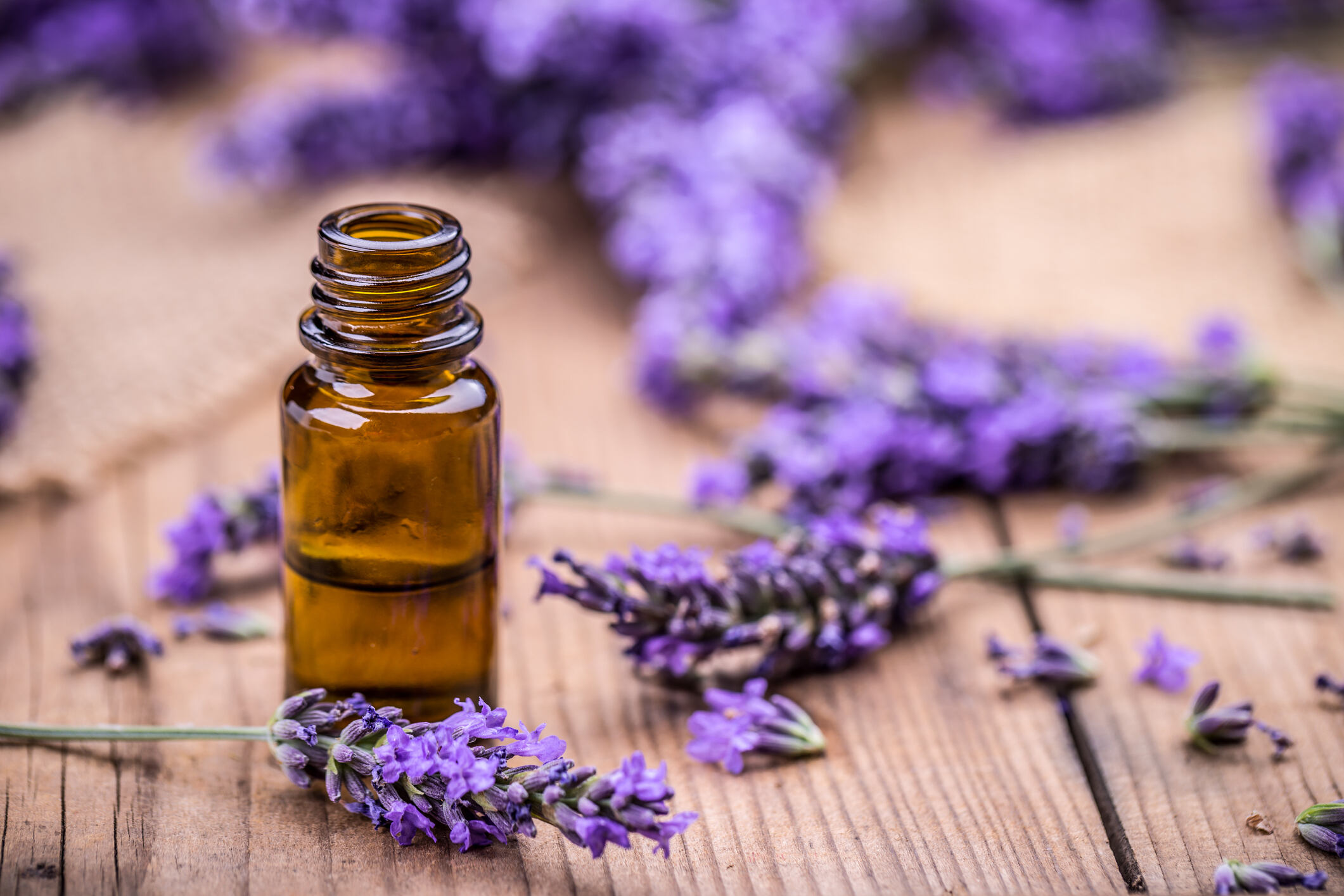
Most people think of lavender for two main qualities: its scent and its hue. Yet the lavender plant and its extracted oil have a long tradition in herbal remedies that many don’t realize.
The name lavender is derived from the Latin “lavare,” which means “to wash.” One of the earliest documented uses of lavender goes back to ancient Egypt, where lavender oil was used in mummification.
In later eras, lavender was commonly added to baths in places like ancient Persia, Greece, and Rome. These societies believed lavender helped cleanse both the body and the mind.
Continue reading to discover more about lavender’s powerful health potential across its various forms.
Health benefits of lavender
Lavender has been used for centuries to relieve symptoms and support a range of conditions. Modern research has validated many of these benefits, while others are still being studied.
Lavender may provide help for the following issues:
- insomnia
- anxiety
- hair loss
- headaches
- chemotherapy-related symptoms
- acne
- burns
- eczema and dry skin
- wound recovery
- mood disturbances
Insomnia
Historically, lavender was suggested for people with insomnia or other sleep disturbances. People filled pillows with lavender buds to aid falling asleep and improve sleep quality.
Current studies indicate that inhaling lavender’s scent can enhance sleep. A study found that inhalation of essential oils, lavender included, benefited people with mild sleep problems.
Several smaller trials have also shown positive effects of lavender on sleep.
Research from 2015 reported that individuals who used lavender aromatherapy felt more refreshed upon waking. Another study conducted with people who had anxiety disorders indicated that oral lavender oil helped extend their sleep duration.
Anxiety
Lavender may offer relief for those dealing with anxiety.
In a large trial, participants with anxiety disorders who took 160 mg lavender oil capsules experienced notable reductions in anxiety.
Other research has reported similar findings.
One study involving 60 patients in a coronary intensive care unit found that those treated with lavender essential oil showed lower anxiety levels and improved sleep.
Another trial compared lavender capsules with the anti-anxiety medication lorazepam and found that lavender’s effects were similar to the prescription drug.
Hair loss
Applying lavender oil topically may help treat alopecia areata, a disorder that causes patchy hair loss.
An older study of 86 people with alopecia areata reported that 44 percent saw enhanced hair regrowth after daily scalp massages for seven months using a blend of thyme, rosemary, lavender, and cedarwood mixed into carrier oils.
Although encouraging, it’s hard to determine whether the observed hair growth was due specifically to lavender.
An animal study from 2021 also demonstrated that lavender oil promoted hair growth over 28 days.
Headaches and migraine
Lavender’s relaxing properties may help ease headaches or migraines.
In a 2016 study, migraine sufferers who received three months of lavender therapy scored lower on headache scales than a control group.
In another trial, 47 participants with migraine inhaled lavender essential oil for 15 minutes and experienced reductions in headache intensity and frequency.
Chemotherapy side effects
According to the literature, aromatherapy can assist people with cancer in coping with treatment side effects. Lavender aromatherapy may reduce anxiety related to cancer treatments and procedures.
Depression
Evidence for lavender’s impact on depression is less abundant than for anxiety, but results are promising.
A study focused on postpartum women found that lavender aromatherapy helped prevent stress, anxiety, and depressive symptoms after childbirth.
Another small 2015 study examined people with kidney disease and found that those who inhaled lavender during a one-hour hemodialysis session reported lower depression and stress scores than those who did not.
In a small 2020 study, older adults who drank lavender tea twice daily for two weeks experienced reduced anxiety and depressive symptoms.
Acne
Compared with harsher treatments, lavender oil may be a milder approach to acne because of its antibacterial properties.
A 2013 study found that a combination of lavender oil and aloe extract effectively inhibited the growth of a bacterial strain linked to acne.
Burns
Lavender has traditionally been used to treat burns, and some reviews suggest scientific support for this use. Its antimicrobial properties might help prevent infection after a burn.
Skin conditions
Lavender contains two anti-inflammatory compounds, linalool and linalyl acetate. A 2020 study suggests these may relieve skin problems such as:
- eczema
- dermatitis
- psoriasis
- itching
- rashes
Wound healing
Lavender’s calming effects might also support the healing of injured skin.
A review of 20 studies reported that lavender oil sped up wound healing, encouraged collagen formation, and aided tissue remodeling in the skin.
Always perform a patch test and mix lavender essential oil with a carrier oil before applying it directly to the skin.
The many uses of lavender in all its forms
Lavender is a versatile herb. People use it in numerous ways to support wellness, including:
- dried flowers
- essential oil
- topical oil
- capsules
- teas, tisanes, and infusions
- creams, lotions, and salves
- beauty products
Lavender flower
Lavender starts as a plant with distinctive purple blossoms.
In its natural state it gives off a calming aroma. The buds can be added to recipes, used in potpourri, or steeped for tea. Dried buds can also be placed in sachets to scent linens and drawers.
Essential oil
Lavender is widely used in aromatherapy. To benefit from its relaxing scent, simply hold a bottle of lavender oil to your nose and breathe in.
For a longer-lasting effect, add a few drops of the oil to a diffuser to disperse the aroma throughout a room.
Do not ingest essential oils. Always dilute them in a carrier oil before applying to the skin.
Lavender sprays, such as pillow sprays for bedtime, are another convenient aromatherapy option. For a hands-on activity, try making lavender playdough to engage multiple senses for children or craft lovers.
Topical oil
Topical lavender oil is made by steeping lavender buds in a carrier oil (like olive or coconut oil) for at least a week. In a finished preparation, lavender should comprise about 0.5–2 percent of the total oil — roughly 3 to 12 drops of essential oil per ounce of carrier oil.
You can apply this oil to the skin, but consult your doctor before using lavender oil directly. Unless advised by a healthcare provider, avoid applying it on or near:
- irritated skin
- wounds
- rashes
- areas showing signs of conditions like psoriasis or eczema
To select a quality lavender oil, pick products sealed in dark glass bottles without additives or synthetic fragrances. A good oil should have a robust aroma.
Although research points to health benefits, the Food and Drug Administration (FDA) does not regulate the purity or quality of essential oils. Talk with a healthcare professional before using essential oils, check a brand’s quality, and always do a patch test. Keep essential oils away from children and pets, and store them out of heat and sunlight.
Capsules
While ingesting raw lavender essential oil is not advised, lavender-containing capsules are commonly used for anxiety relief.
When taken in small, formulated amounts like capsules, lavender oil is generally considered safe to swallow. Because they are herbal supplements, lavender capsules are available without a prescription.
Always follow the manufacturer’s instructions and ensure the capsules are intended for oral consumption.
Teas, tisanes, and infusions
Lavender tea, often called a tisane, is widely sold in grocery stores.
You can make it at home by steeping 1 tablespoon of dried lavender buds in 2 cups of water.
Lavender can also be infused into sweeteners, such as honey, for culinary uses.
Creams, lotions, and salves
For wounds or very dry skin, consider a lavender salve. Salves are usually made with thicker oils like coconut oil or waxes such as beeswax or soy. They’re available commercially or can be homemade.
Lavender creams and lotions may not offer the same concentrated therapeutic effects as oils, salves, or capsules, but they provide a pleasant scent while moisturizing the skin.
Buy a lavender-infused lotion or make your own by adding a few drops of lavender essential oil to an unscented base.
Beauty products
Given lavender’s attractive color and scent, many beauty items feature it, including:
- face masks
- cleansers
- body bars
- shampoos
Like lotions and creams, these items may not deliver major clinical benefits but can be a delightful addition to a beauty routine.
Safety and side effects
According to available guidance, consuming lavender in culinary amounts is likely safe. So enjoy lavender tea, baked goods, or lavender-flavored honey in moderation.
Short-term use of oral supplements such as lavender capsules is also generally regarded as safe.
Conversely, swallowing lavender essential oil is unsafe. Essential oils can be poisonous, and lavender oil may cause intestinal cramps, nausea, or other adverse effects. Never ingest pure lavender oil.
Using lavender as a topical oil safely depends on your skin’s reactivity. Some individuals develop allergic skin reactions after lavender application. Always mix essential oil with a carrier oil and perform a patch test before broader use.
More study is required to establish the safety of lavender during pregnancy or breastfeeding. If you are pregnant or nursing, consult your healthcare provider before using lavender products.
If you need help locating an Allergist and Immunologist, consider using our FindCare tool for assistance.
Lavender and you
Many people appreciate lavender’s pleasant, calming scent.
A growing body of research shows that this purple herb offers more than aroma: it can help relieve symptoms of various health concerns.
While not all claimed benefits have robust evidence, lavender may be a low-risk option worth trying for issues such as insomnia and anxiety.

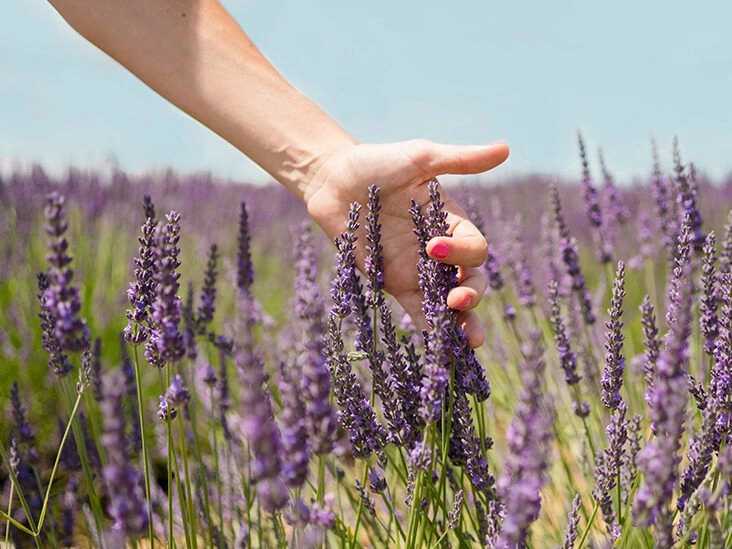











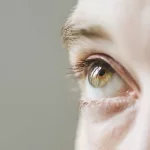



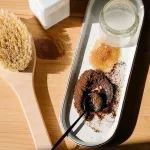
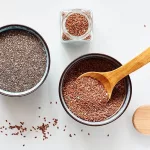






Leave a Reply
You must be logged in to post a comment.